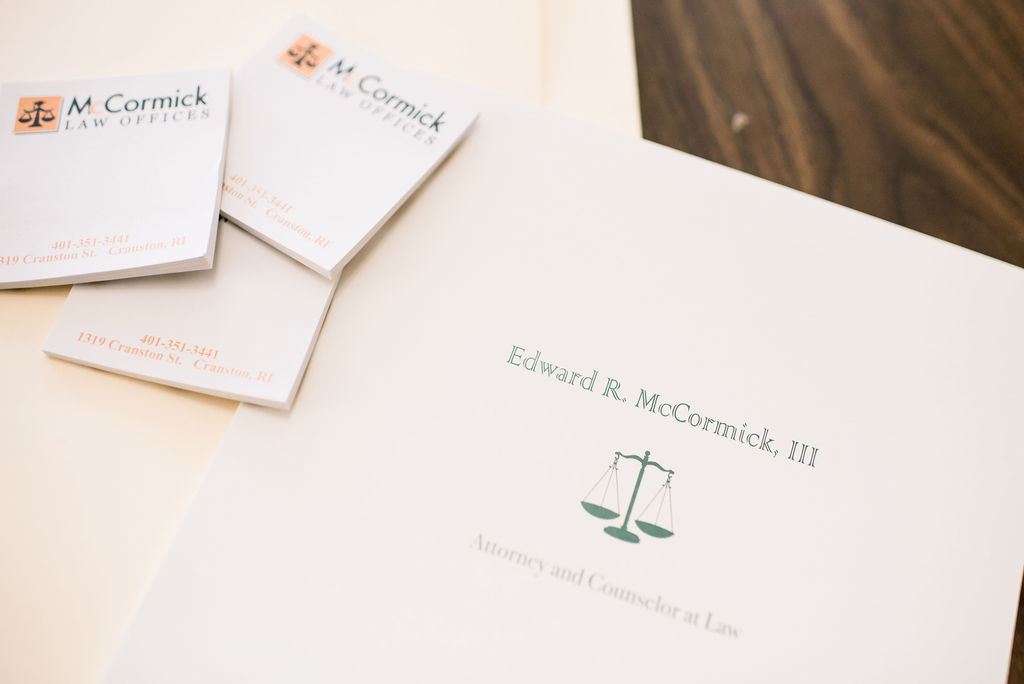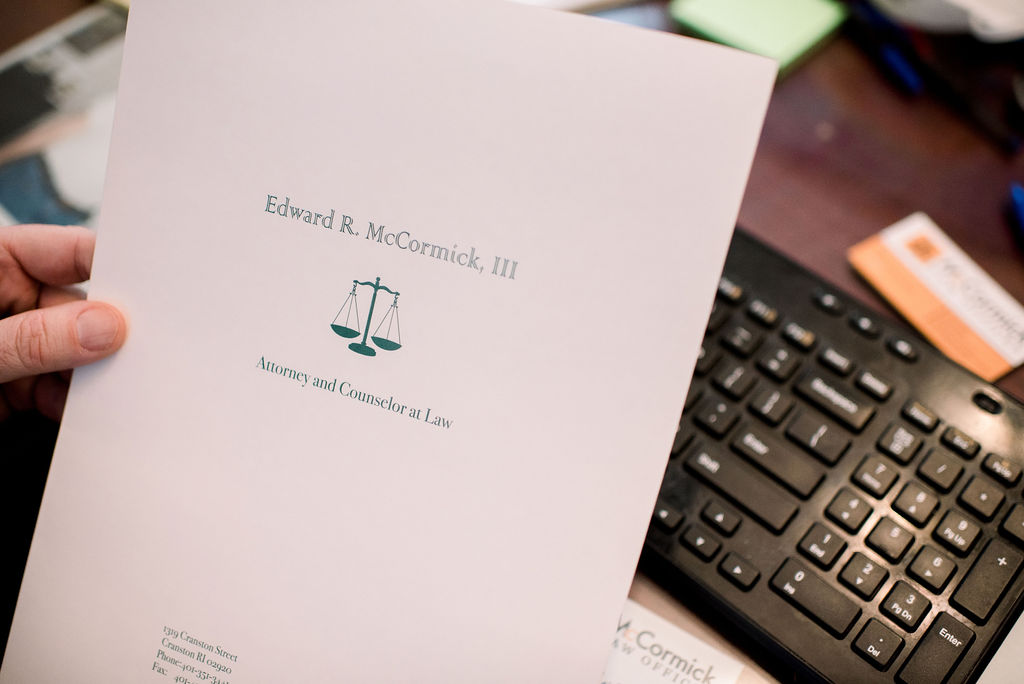Divorce is one of the most emotionally and financially significant events a person can experience. If you’re preparing for or considering a Rhode Island divorce, it’s important to understand the legal process, your rights, and what to expect. With the right knowledge and legal support, you can navigate this life transition with clarity and confidence.
Residency Requirements for Divorce in Rhode Island
Before filing, you or your spouse must meet state residency rules. At least one of you must have lived in Rhode Island for at least one year before filing in Family Court. If the grounds for divorce occurred in Rhode Island and you were married in the state, the residency requirement may be shorter.
Grounds for Divorce in Rhode Island
Rhode Island offers both fault-based and no-fault grounds for divorce.
No-Fault Divorce
The most common ground is irreconcilable differences that have caused the breakdown of the marriage. This allows for a less contentious process.
Fault-Based Divorce
Alternatively, you can file based on misconduct, including:
- Adultery
- Cruelty or abuse
- Substance abuse
- Desertion
- Willful neglect
Filing on fault grounds requires evidence and may increase the complexity of your case.
Key Steps in the Rhode Island Divorce Process
1. File a Complaint for Divorce
The process begins when one spouse (the plaintiff) files a Complaint for Divorce in the appropriate Family Court.
2. Serve the Spouse
The defendant spouse must be officially served with the complaint and has 20 days to respond.
3. Temporary Orders (If Needed)
Either party may request temporary court orders for:
- Child custody
- Spousal support
- Use of the marital home
- Restraining orders
These stay in effect during the divorce process.
4. Discovery and Negotiation
The spouses exchange financial documents, assess property, and begin negotiating terms for settlement—either informally or through attorneys.
5. Settlement or Trial
If you reach an agreement, it’s submitted for court approval. If not, your case proceeds to trial, where a judge will decide unresolved issues.
6. Final Judgment
Once the judge signs the divorce decree, there’s a mandatory 90-day waiting period (known as the “interlocutory” period). After that, the divorce becomes final.
Common Legal Issues in Rhode Island Divorce
Property Division
Rhode Island follows the rule of equitable distribution, meaning marital property is divided fairly—not necessarily equally. This includes:
- Real estate
- Retirement accounts
- Bank accounts
- Business interests
- Personal property
Separate property (inherited assets, pre-marriage assets) is usually excluded.
Child Custody and Support
Custody is based on the child’s best interests and may include:
- Physical custody (where the child lives)
- Legal custody (who makes major decisions)
Child support is calculated using a state formula based on income, parenting time, and expenses.
Spousal Support (Alimony)
Alimony may be awarded based on:
- Length of the marriage
- Each spouse’s earning ability
- Standard of living during marriage
- Contributions to the household
Support may be temporary or long-term depending on the circumstances.
Do You Need a Divorce Attorney?
While it’s possible to represent yourself, divorce often involves:
- Complex finances
- Child custody disputes
- Hidden assets or unequal power dynamics
- Business or real estate interests
A family law attorney ensures your rights are protected and helps you avoid costly mistakes.
Explore Family Law Services
Related Reading
Final Thoughts
Divorce is never easy—but understanding the Rhode Island divorce process can help you feel more prepared and in control. With legal representation, clear communication, and a focus on your future, you can move forward with confidence and security.
Need support during your Rhode Island divorce?
Contact McCormick Law Offices for compassionate and effective legal guidance.







